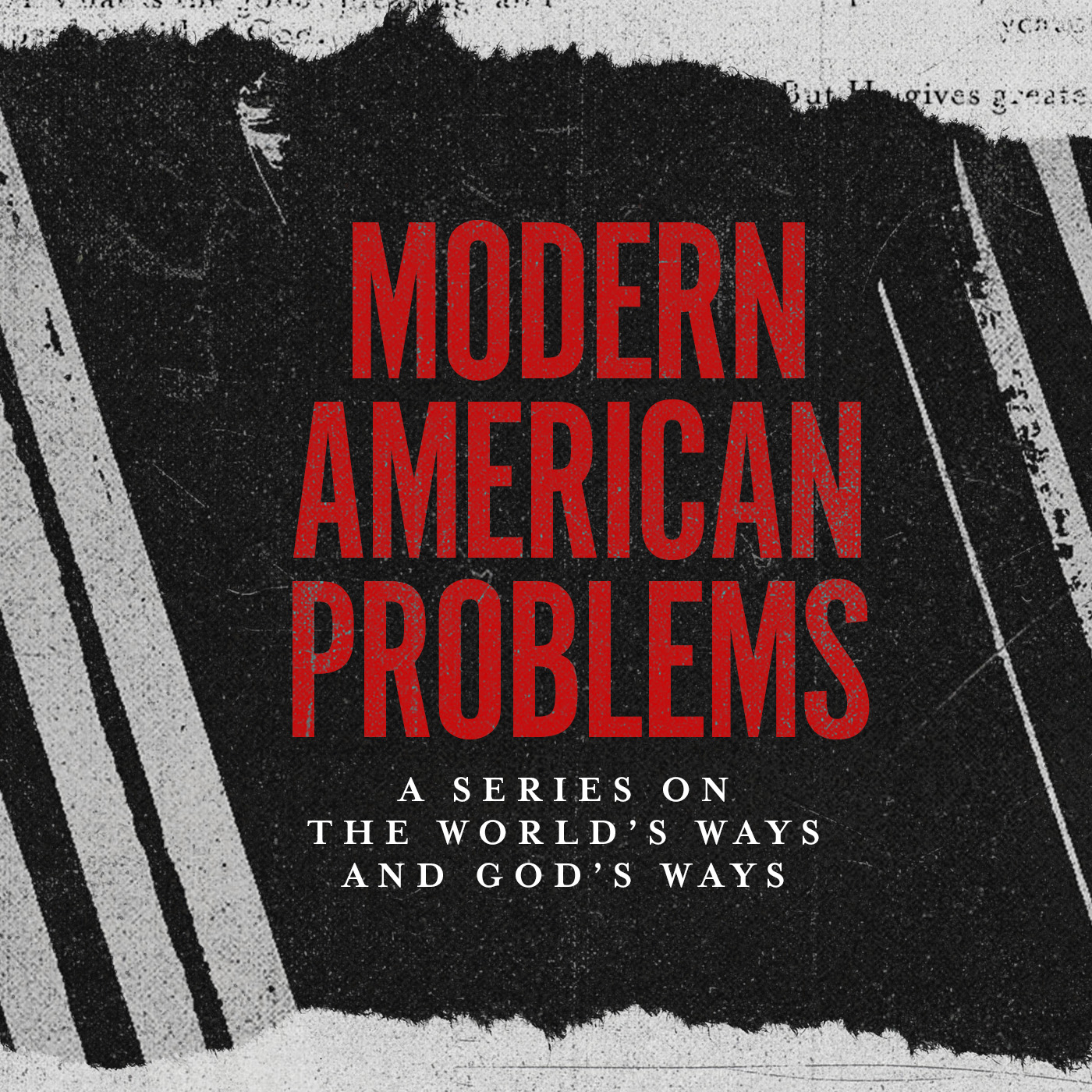In Begg’s metaphor, the boat was the Christian and the water was the world. The idea is that we have to be in this world making a positive difference for Jesus, but that the world’s sinful systems and cultures should not find their way into our lives.
THE ILLUSTRATION ABOUT THREE BOATS
So, I asked the congregation to imagine three boats:
- A dry boat on land, fifty yards off shore.
- A boat that is floating on the water being used by a fisherman.
- A sunken boat lying on the bottom of the lake.
The second boat is an example of a boat that is doing what it was designed to do. The boat is in the lake and is affecting the lake, but has not become “the lake.” This is a picture of a Christian who has remained set apart by God, and yet is making a difference in the world around him.
The third boat has taken on so much water that it is also (like boat #1) not doing what it was designed to do. This happened not because the boat is too dry, but rather because it is too wet. The boat has taken so much lake into it that it has essentially become a part of the lake. This is a picture of a Christian who has been so affected (and even infected) by the sinful influences of this world that he is no longer any different from them.
My point in that sermon was that Good News Church is aiming to be like boat #2.
OUR FRIEND HAD A QUESTION
This week, as I was thinking back on that concept, I remembered a conversation I recently had via text message. Not too long ago, a friend of my family asked my wife: “Should I attend a gay wedding?” My wife responded, “Hmm, Mario probably has an article about that online that gives a good answer.”
I told my wife that I had not written an article on that. The reason is because I figured the topic had already been discussed ad nauseum. If you google that question so many articles will come up that it will be impossible to conclude that Christians have failed to answer this question. Why would I write an article about something that has been asked and answered so many times?
But, at that moment, as my friend was asking us about it, I remembered that not everyone is a pastor.
Pastors have the ability to read a dozen articles on this topic as they ponder how to handle church counseling and wedding policies. However, real people don’t even think to ask questions like this until something in their life prompts them to do it. And at that point, it doesn’t matter what some evangelical organization said about it in the position paper they published back in 2019. They want to know what their pastor thinks about it right now.
So, this is what I told her:
Christians are allowed to (and should) befriend and love unbelievers including gay people. We can (and should) go to any social gathering that aids in that. However, we should never support or celebrate their sin (because we love them and want what is best for them.)
If my gay friend invited me to her birthday party I would go. If she invited me to help her key her ex-girlfriend’s car, I would decline. If she invited me to her Christmas party, I would go. If she invited me to her transgender surgery, I’d decline. You get the point. I’d go to a gay friend’s social gathering, but not their wedding – because the wedding is specifically done for the purpose of celebrating and supporting a particular decision. The birthday party is not.
And this is not simply a “gay” thing. When I get invited to straight people’s weddings, I don’t go if one of them is a Christian and the other is not. I think that’s a sin that I can’t celebrate either.
BACK TO THE THREE BOATS
And that brings us back to our three boats. As I thought about the answer that I gave my friend, I realized that it matched up with the boat analogy. Boat #1 is the Christian who says, “I’m not ever going to talk to her; she’s a lesbian.” And I think boat #3 is the person who goes to the wedding and drinks the champagne celebrating a life lived in rebellion toward God’s design. Boat #2 is the Christian who says to their friends: “I love you. I’m here for you. And I want what’s best for you. I will do whatever I can to support that, and I will never do anything that I believe supports your harm or pushes you in the wrong direction.”
CONCLUSION
This three boat analogy could be applied to lots of other situations, of course. But I figured I would apply it to the gay wedding situation since it was recently pointed out that I didn’t have an article that addresses that.

